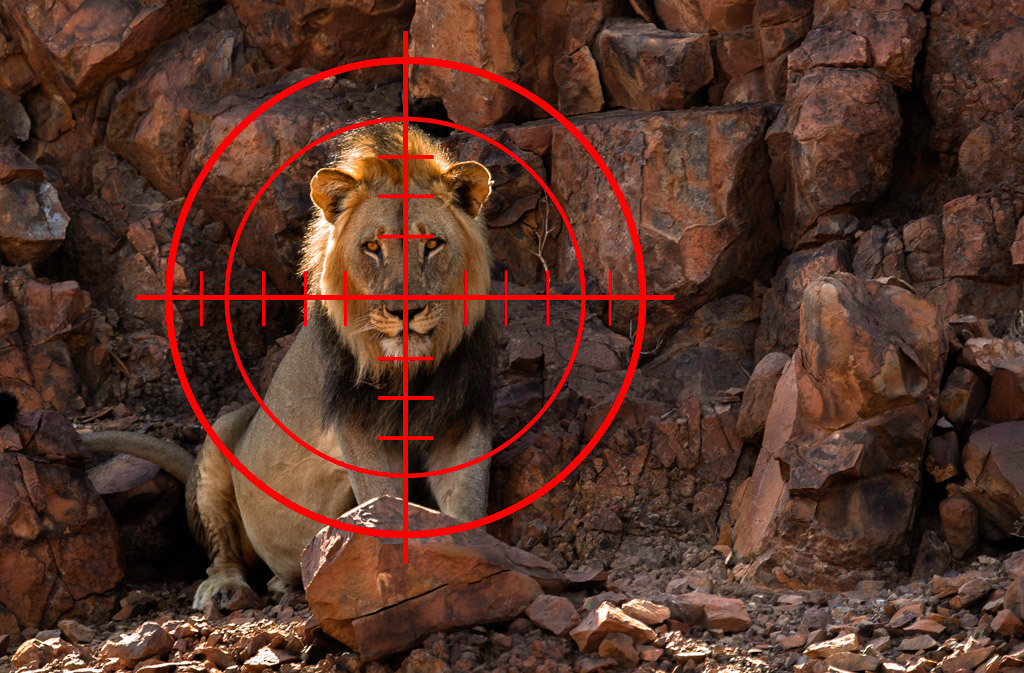In an era defined by urgent environmental challenges, the concept of “Sustainable Action Now” is not merely a slogan, but a critical imperative. Our planet’s health hangs in the balance, threatened by human activities that deplete resources, degrade ecosystems, and endanger countless species. This report delves into the pressing issues demanding our immediate attention, from the perilous plight of iconic wildlife to the broader implications of unsustainable practices, and highlights the urgent need for collective, impactful change.
The Precarious Existence of Earth’s Majestic Creatures
The natural world is a delicate tapestry, with each species playing a vital role. When one thread frays, the entire fabric weakens. Currently, many of Earth’s most magnificent animals face unprecedented threats, pushing them towards the brink of extinction. The African lion, a symbol of strength and wilderness, exemplifies this crisis.
The Lion’s Roar Fades: A Species Under Siege
Once widespread across Africa, lion populations have plummeted dramatically over the past few decades, with estimates suggesting a decline of 90-95% since the 1970s. This catastrophic reduction is a stark indicator of the immense pressures these apex predators face. Key drivers include habitat loss, driven by expanding human settlements and agricultural encroachment, which fragments their traditional territories and isolates populations. The depletion of their natural prey, often due to illegal bushmeat trade, forces lions into increasingly desperate situations, leading to human-wildlife conflict as they sometimes prey on livestock. In retaliation, or to prevent perceived threats, local communities may kill lions, further exacerbating their decline.
Compounding these challenges is the contentious practice of trophy hunting. While proponents argue that it provides revenue for conservation efforts, its impact on lion populations is a subject of intense debate. Studies indicate that unsustainable trophy hunting can directly contribute to population declines, particularly when it targets prime breeding males, thereby disrupting social structures and genetic diversity. The controversy surrounding incidents like the killing of Cecil the Lion brought global attention to the ethical and ecological dilemmas posed by this practice. For a deeper understanding of the complexities surrounding this issue, especially concerning the movement of these magnificent animals through their natural habitats, explore the details of a rare lion river crossing.
Beyond the Savannah: A Global Crisis
The vulnerability of the African lion is a microcosm of a much larger global biodiversity crisis. From rhinos hunted for their horns to pangolins trafficked for their scales, and elephants poached for ivory, the illegal wildlife trade continues to decimate populations. Beyond direct exploitation, habitat destruction, pollution, and climate change are broad, systemic threats affecting species across all ecosystems. The disappearance of rainforests, the degradation of coral reefs, and the melting of polar ice caps directly impact the survival of countless organisms, from the smallest insects to the largest marine mammals.
The Imperative of Sustainable Action
Addressing these intertwined crises requires a multi-faceted approach, rooted in the principles of sustainable action. This involves shifting from exploitative practices to those that regenerate and protect our natural capital.
Reforestation and Habitat Restoration
One of the most effective ways to combat biodiversity loss and climate change is through large-scale reforestation and habitat restoration initiatives. Restoring degraded land not only creates new homes for wildlife but also enhances carbon sequestration, improves water cycles, and supports local communities through sustainable livelihoods. These efforts must be coupled with robust protection of existing old-growth forests and critical habitats to prevent further loss.
Combating Illegal Wildlife Trade
Strengthening law enforcement, disrupting trafficking networks, and raising public awareness are crucial steps in eradicating the illegal wildlife trade. International cooperation and punitive measures against poachers and traffickers are essential to dismantle these destructive industries. Furthermore, addressing the demand for wildlife products through education and behavioral change campaigns is paramount.
Promoting Responsible Ecotourism
Ecotourism, when managed ethically and sustainably, offers a powerful alternative to exploitative practices like trophy hunting. It provides economic incentives for local communities to protect wildlife and their habitats, fostering a symbiotic relationship between people and nature. Revenue generated from responsible ecotourism can be reinvested directly into conservation programs, anti-poaching efforts, and community development initiatives, creating a sustainable model for conservation.
Sustainable Consumption and Production
Ultimately, the long-term health of our planet depends on a fundamental shift in human consumption and production patterns. This includes embracing renewable energy sources, minimizing waste, adopting circular economy principles, and supporting businesses committed to ethical and environmentally sound practices. Every choice we make as consumers has an impact, and collectively, these choices can drive significant change.
A Call to Action for a Sustainable Future
The challenges we face are immense, but so is our capacity for innovation, compassion, and collective action. “Sustainable Action Now” means moving beyond passive concern to active engagement. It means advocating for stronger environmental policies, supporting conservation organizations, educating ourselves and others, and making conscious choices in our daily lives.
The future of the African lion, and indeed all life on Earth, rests on the decisions we make today. By embracing a holistic approach to sustainability, one that recognizes the interconnectedness of all living things and prioritizes long-term planetary health over short-term gain, we can secure a vibrant and thriving world for generations to come. Join the movement. Let your actions echo the roar of the wild, a testament to our commitment to a sustainable future.


